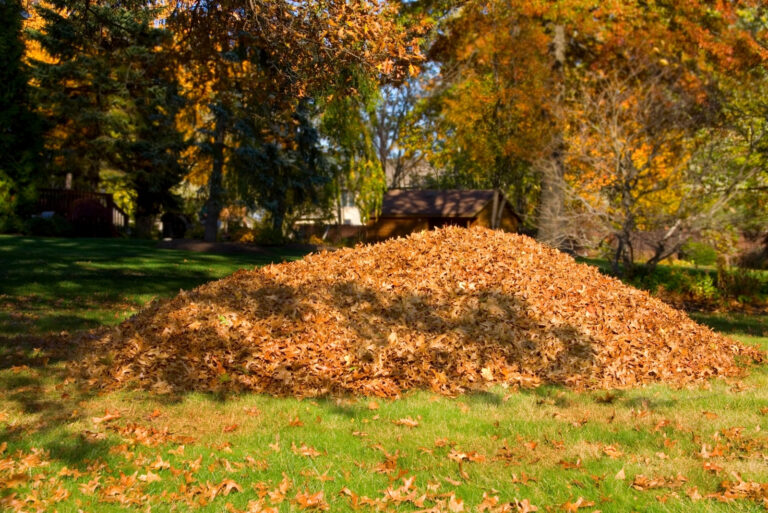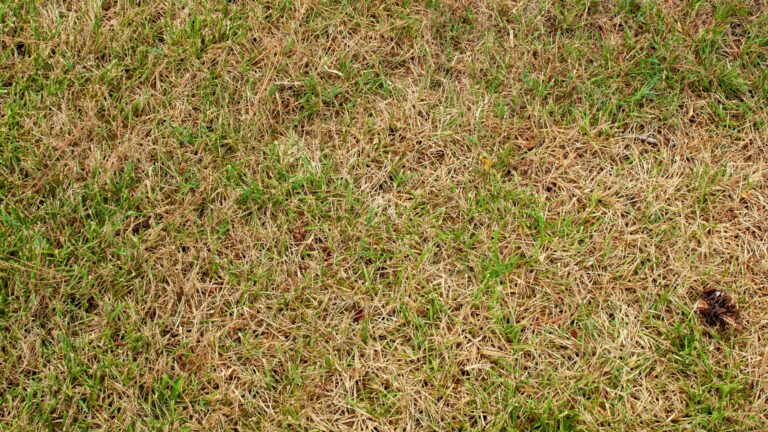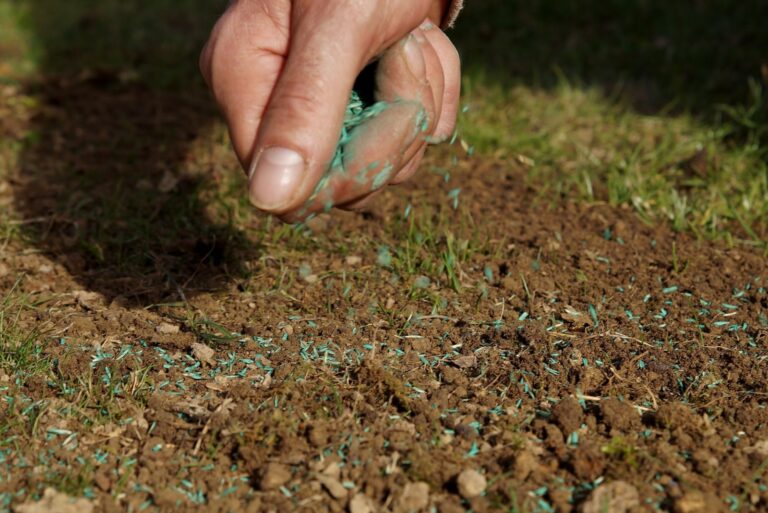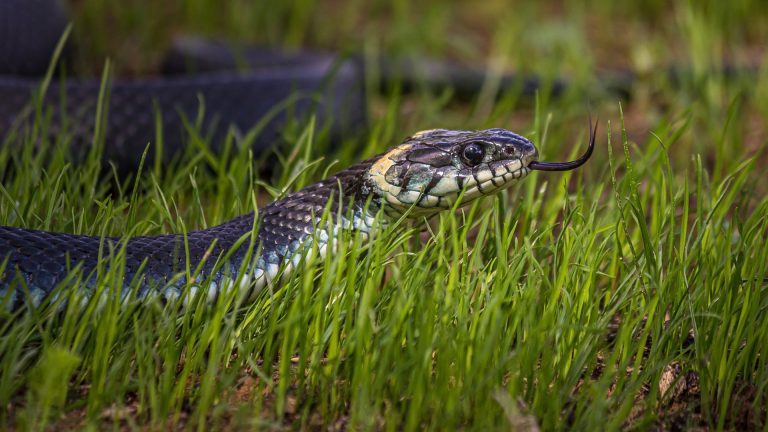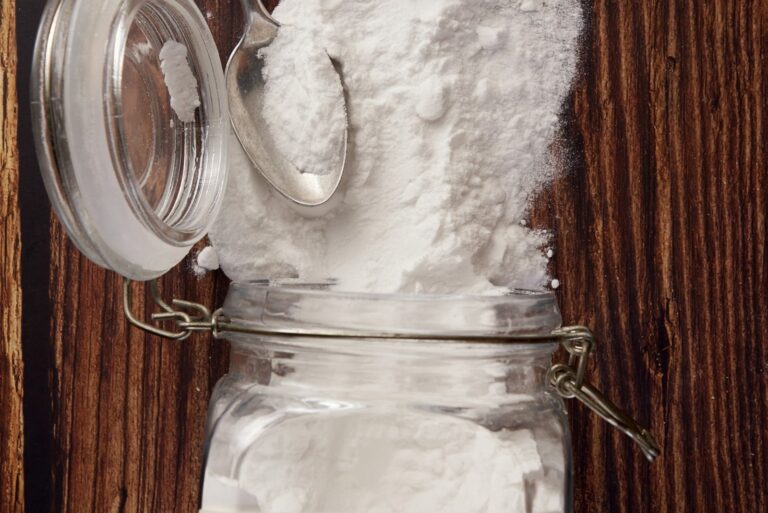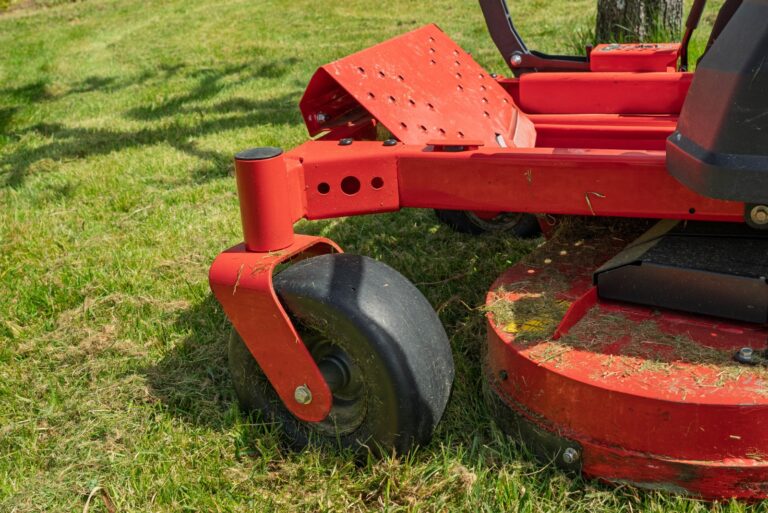9 Colorado Yard Mistakes That Could Ruin Your Summer Lawn
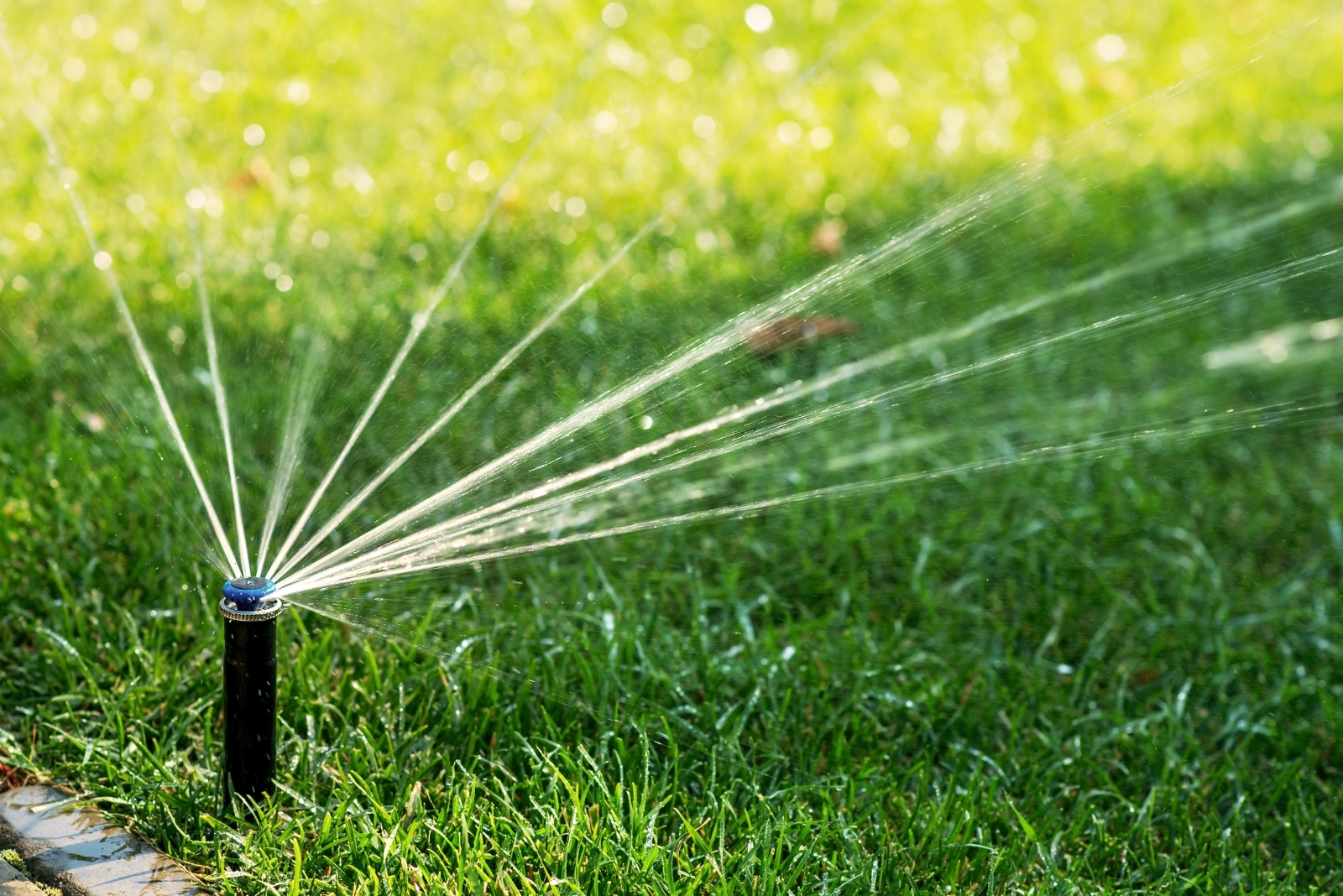
Colorado summers can be brutal on lawns, but a few common missteps can make things even worse. These 9 mistakes are surprisingly easy to make but tough to undo once the damage is done.
I’ve seen lawns go from lush to lackluster because of them—and it’s not pretty. Let’s walk through what not to do so your grass stays green and happy all season long.
1. Watering at the Wrong Time
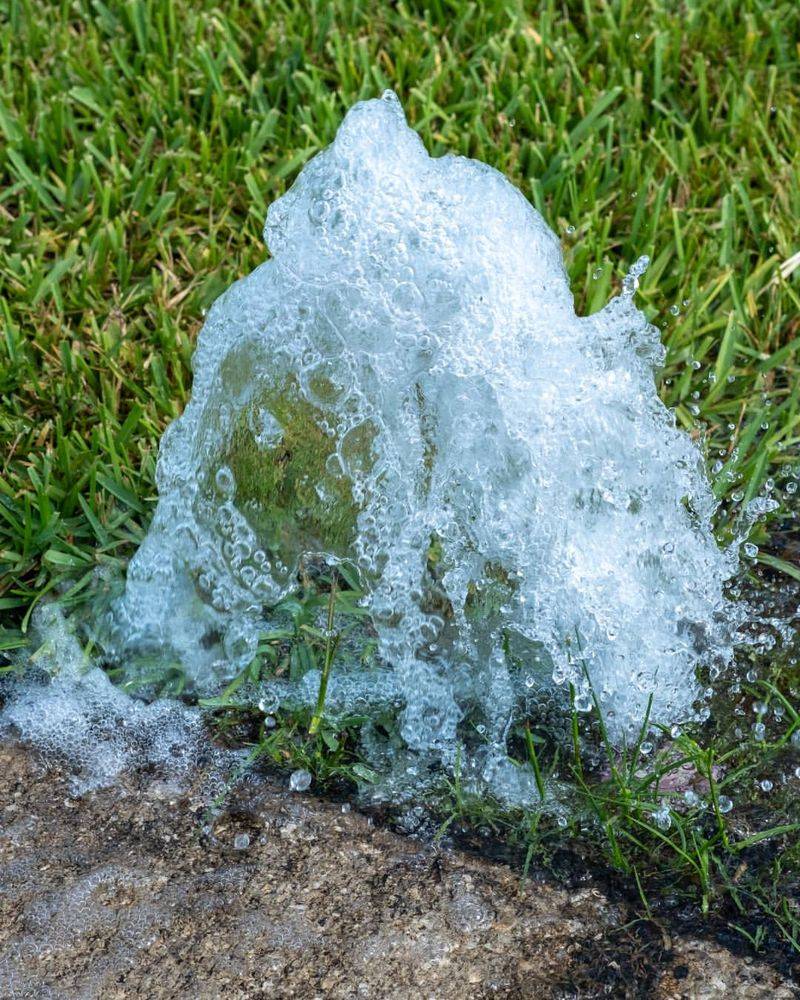
Sprinklers running at noon in Colorado’s intense sun is like pouring water directly into the atmosphere. Most moisture evaporates before reaching root systems where it’s needed.
Early morning (between 4-10 AM) is ideal for watering in our state’s climate, allowing roots to drink deeply before the day heats up. Evening watering can promote fungal growth overnight.
2. Mowing Too Short
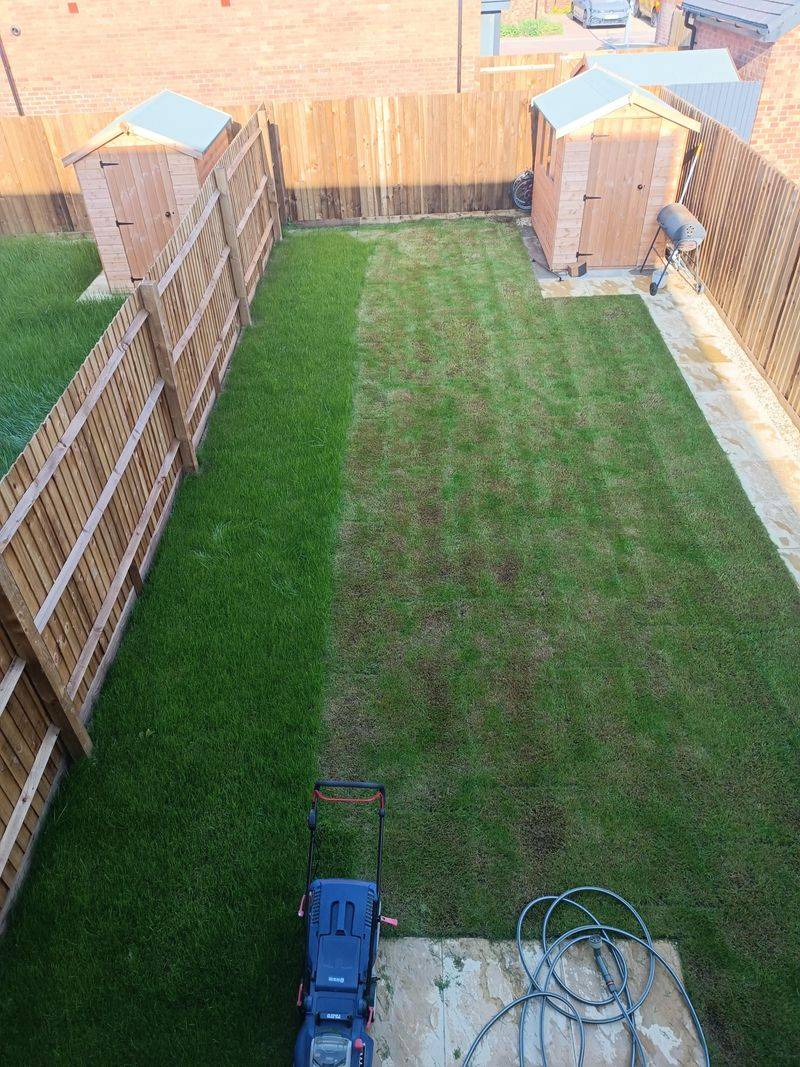
Scalping your grass creates stress that weakens its natural defenses. When cut too short, lawns in Colorado become vulnerable to our state’s harsh sun and opportunistic weeds.
Maintain your grass at 2.5-3 inches tall during summer. Taller blades create shade for the soil, reducing evaporation and encouraging deeper roots that withstand our dry spells better.
3. Ignoring Soil Health
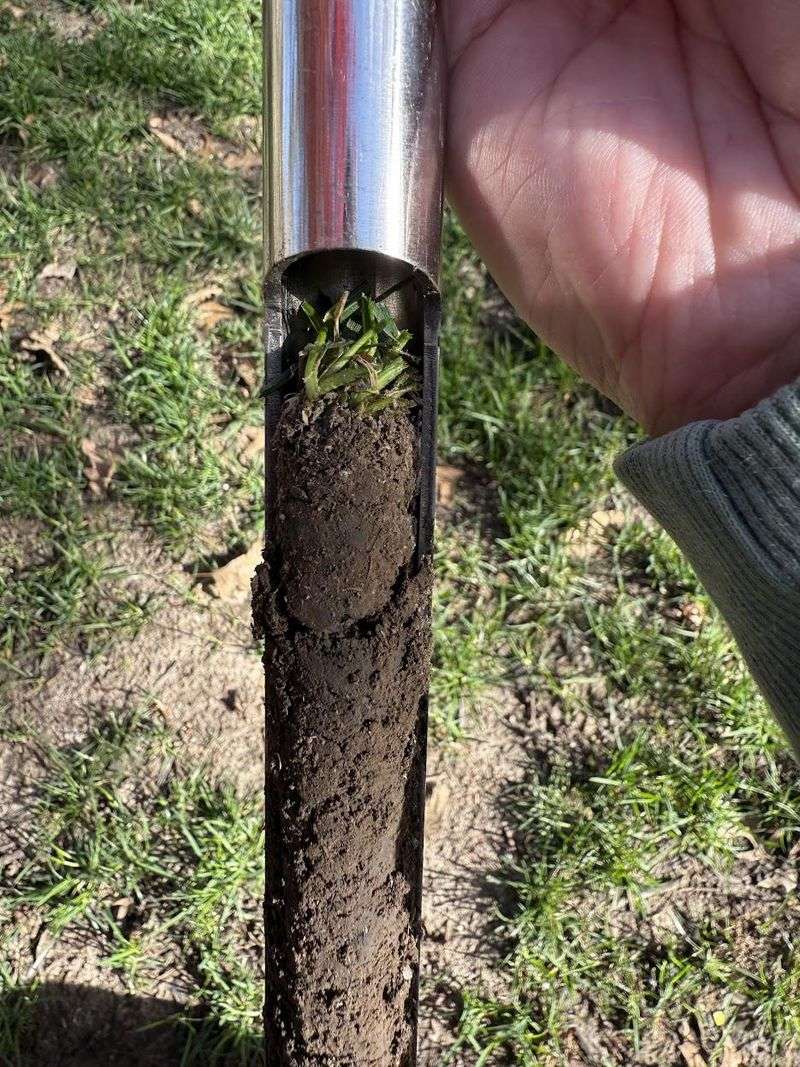
Colorado’s native soil often lacks organic matter and essential nutrients grass needs to thrive. Without regular testing and amendments, your lawn faces an uphill battle.
Test your soil every 2-3 years through our state’s extension services. Adding compost annually improves structure, while proper fertilization replaces nutrients that get depleted in our challenging mountain climate.
4. Using the Wrong Grass Type
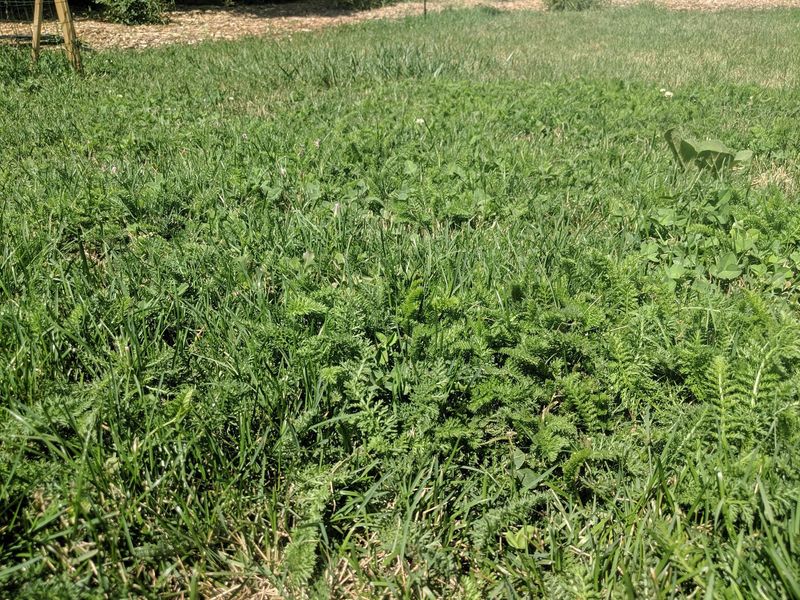
Not all grass varieties can handle Colorado’s challenging conditions. Kentucky bluegrass might look lovely but demands excessive water that’s precious in our semi-arid state.
Consider drought-resistant options like buffalo grass or turf-type tall fescue. These varieties have adapted to thrive with less water while maintaining that lush green look Coloradans desire despite our dry climate.
5. Fertilizing Incorrectly
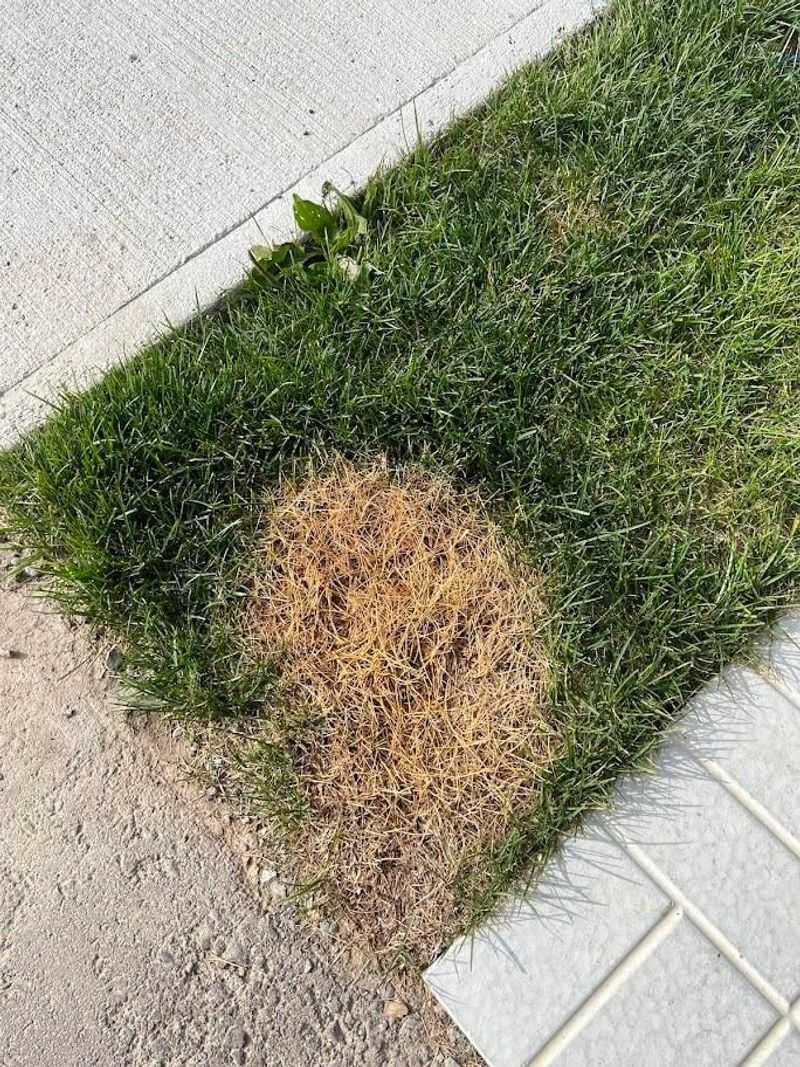
Dumping fertilizer on your lawn without proper timing or amounts can burn grass and pollute Colorado’s precious watersheds. More isn’t always better when it comes to feeding your turf.
Apply fertilizer during spring and fall in our state, when grass naturally grows most vigorously. Always follow package directions and consider slow-release options that work better with our mountain soil conditions.
6. Neglecting Aeration
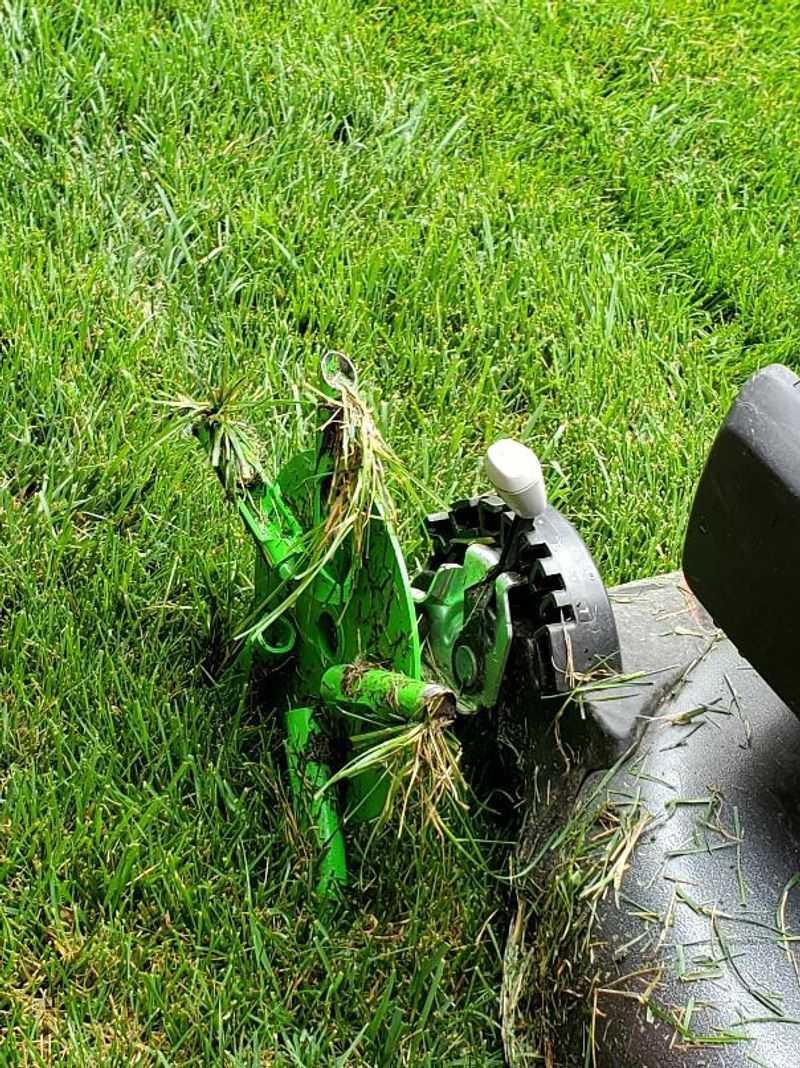
Colorado’s clay soils compact easily, preventing water, air, and nutrients from reaching grass roots. This creates shallow root systems that can’t survive our hot, dry summers.
Core aeration annually breaks up compaction in our state’s stubborn soil. Fall is ideal timing for this essential maintenance task, allowing your lawn to recover before winter sets in across the Front Range.
7. Improper Weed Control
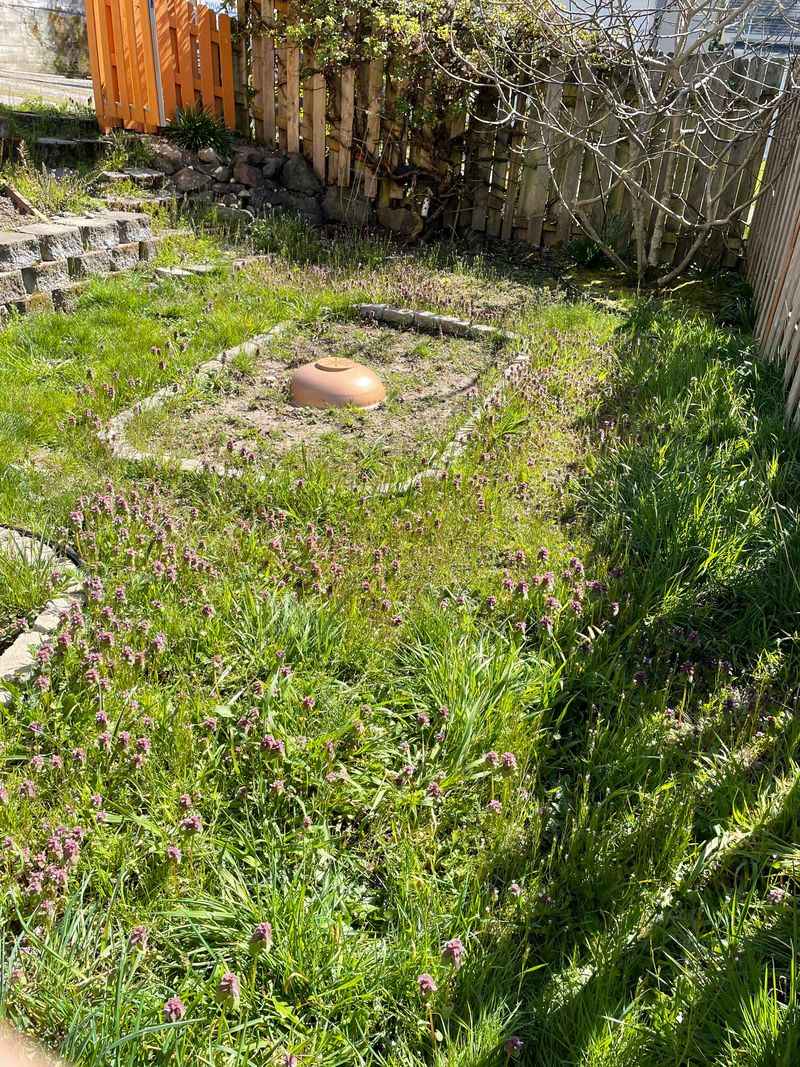
Attacking weeds with harsh chemicals whenever you spot them can damage surrounding grass and beneficial organisms. Colorado’s ecosystem requires thoughtful weed management approaches.
Focus on prevention through healthy lawn practices. When treatment becomes necessary in our state, spot-treat problem areas rather than broadcasting chemicals across your entire yard, protecting our local watershed and pollinators.
8. Ignoring Local Water Restrictions
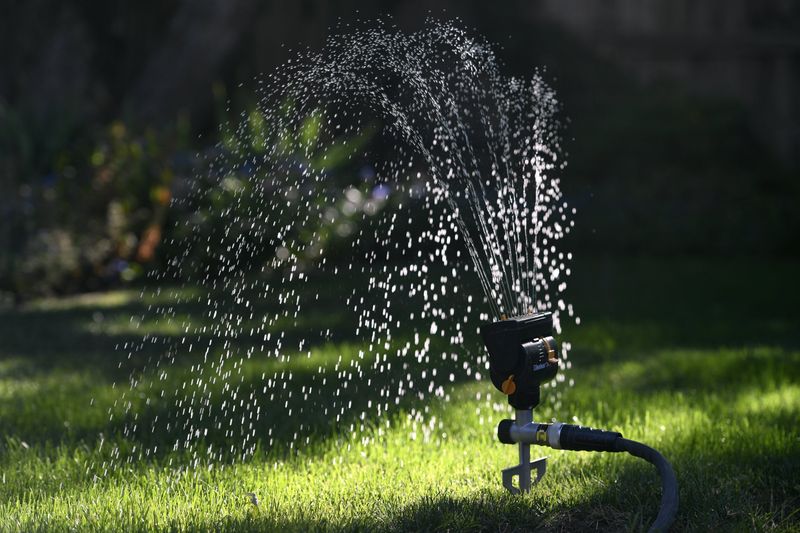
Many Colorado communities implement seasonal watering schedules to conserve our limited water resources. Violating these rules can result in fines and wastes precious water in our drought-prone state.
Stay informed about your city’s current restrictions. Install smart irrigation controllers that adjust to weather conditions, helping you maintain a beautiful lawn while respecting Colorado’s water conservation needs.
9. Overlooking Proper Thatch Management
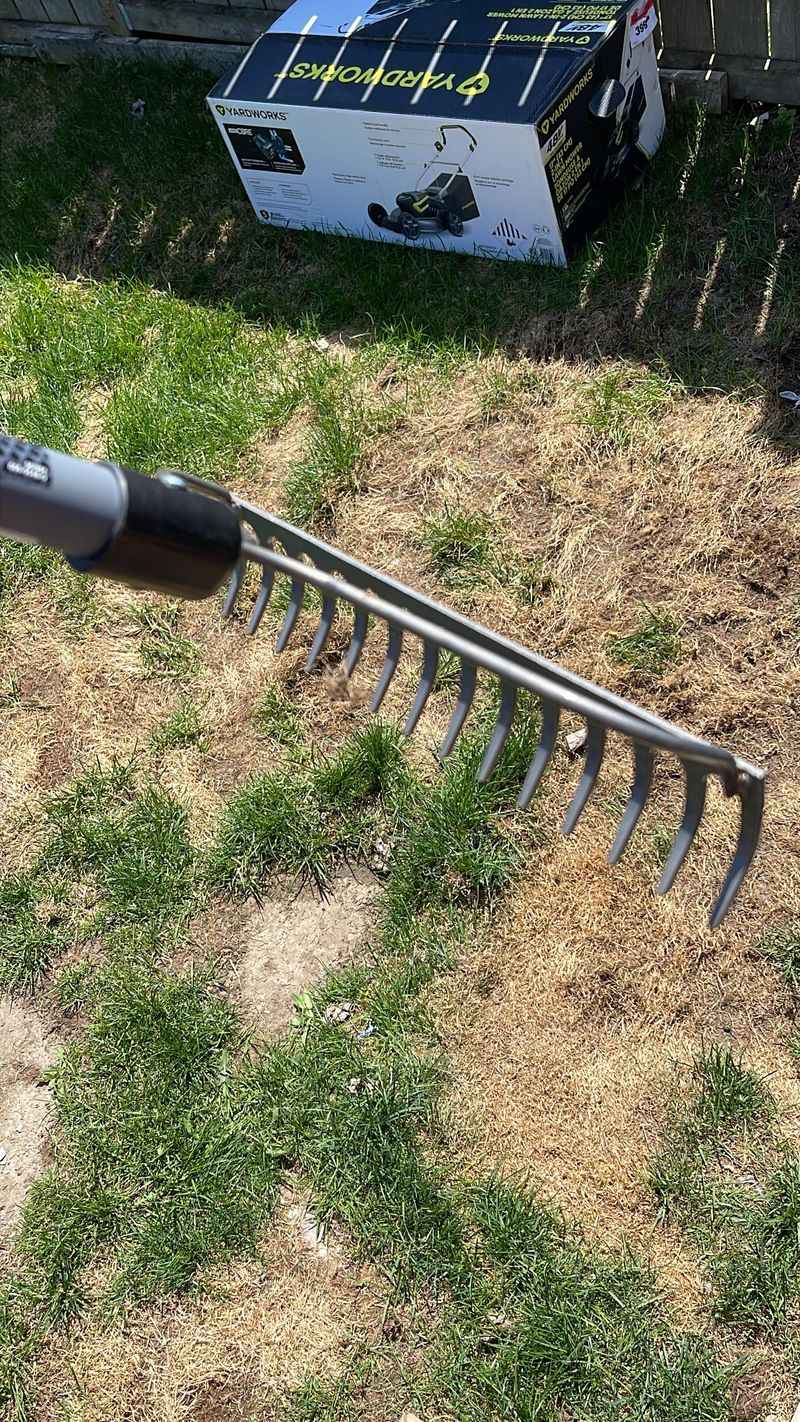
Thatch buildup creates a barrier between soil and grass in Colorado lawns. When this layer exceeds ½ inch, it prevents water from reaching roots and creates perfect conditions for pests.
Dethatch your lawn every few years in our state if buildup becomes problematic. Proper mowing with mulching blades helps decompose clippings naturally, preventing excessive thatch while returning valuable nutrients to our challenging mountain soil.

